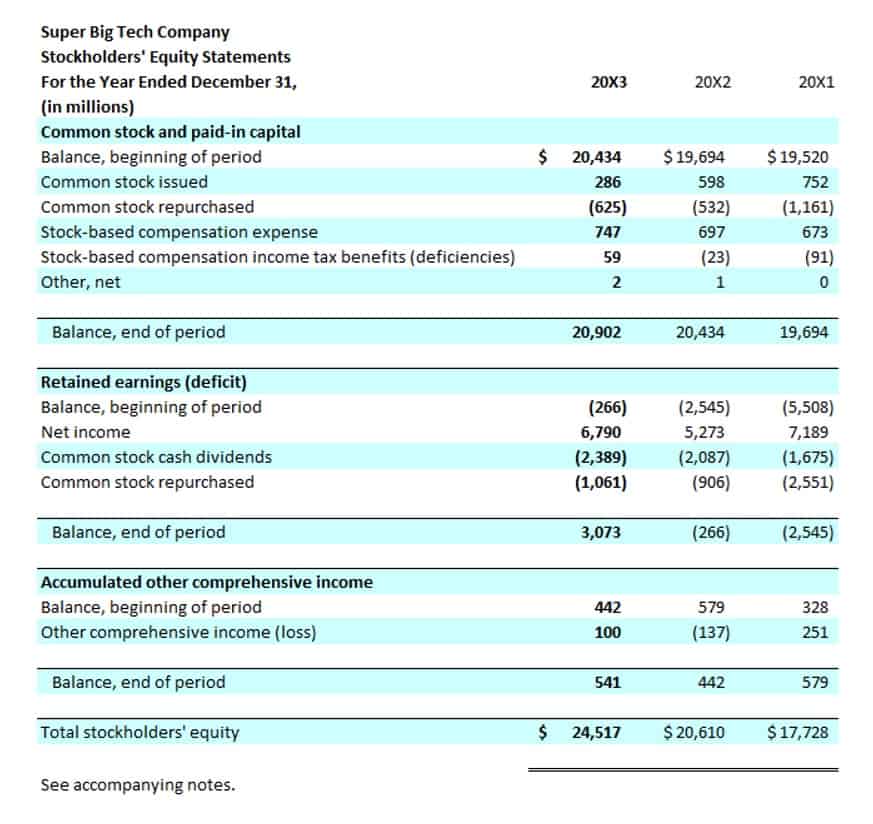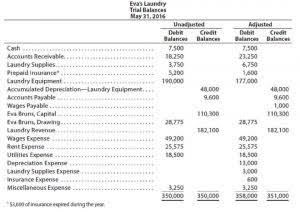
It promises to make accounting easy so the user can save time, and get on with other tasks. Below we list the best accounting software currently available on the market, and also include some further options to consider, as you can opt for specific expense tracker apps or even customer accounts. The best small business accounting software makes it quick and easy to manage your business finances and keep a clear record of profit and loss. For example, Wave’s free accounting plan lacks audit trails, third-party integrations and live customer support.

Wave – Best for Free Bookkeeping and Accounting for Small Businesses

For real estate developers and property managers, CoConstruct’s CRM tools, proposal tracking, and online payment capabilities make it a solid choice for managing renovations and new builds. Jonas Construction is best suited for specialty contractors, service-based construction firms, and mid-sized contractors needing strong job costing and dispatch scheduling. It’s particularly useful for mechanical, electrical, HVAC, and plumbing contractors who need real-time cost tracking, subcontractor management, and efficient service billing.
- I was prompted to connect my bank account, and at that point, instructions said the system would automatically import my bank transactions into the OneUp accounting solution.
- We also considered whether there was a free trial, monthly pricing, and a discount for new customers.
- If you’re trying to juggle lots of different roles, you’ll find it quick to onboard and integrate into your workflow.
- With its feature-rich cloud software, wide variety of integrations, affordable pricing and reputation, Intuit’s QuickBooks Online is our choice as the best accounting software for small businesses.
- Each staff reviewer at Merchant Maverick is a subject matter expert with experience researching, testing, and evaluating small business software and services.
Streamlining financial workflows

Accounting software can also prevent costly bookkeeping mistakes and can also work in tandem with payroll software. Read below to learn more about the benefits of having accounting software for your bookkeeping business. With accounting software, you can keep everything organized from income statements to balance sheets.
Xero: Best Accounting Software For Growing Businesses
- The recorded financial data can then be used for further interpretation and analyses by accountants.
- Grounded on the desktop, it offers a suite of command centers addressing various facets of your business, from sales and invoicing to payroll, accounting and inventory.
- There is also a community forum for answering and asking questions.
- Comparatively, Wave offers a simpler feature set than FreshBooks but may be ideal for businesses that only need basic accounting features for unlimited users and relatively cheap payroll options baked in.
- Everyone has specific requirements that will differ between users, and knowing you can tailor your software to suit your needs will prove invaluable.
- As I tested the software, it was clear that the platform was designed primarily for the purpose of storing financial documents.
- It offers two distinct operational modes—“Do-It-For-Me” and “I-Do-It-Myself”—allowing businesses to choose the level of control they wish to exert.
When you choose QuickBooks, you get all the tools you need to support your operations now and in the future. Keep in mind that any accounting software you choose should play nicely with your business’s payroll software. Fortunately, the best payroll software often supports integrations with the most popular accounting software options, such as QuickBooks Online, Xero, Sage, and more.
Bookkeeping Software helps organizations to record several types of financial transactions including purchases, sales, receipts, and payments. With this software, a bookkeeper can summarize all the financial transactions in a systematic and chronological manner. Therefore, helping businesses by presenting all the incomes and expenditures in the book of records. The trend toward AI in accounting software has been going on for Insurance Accounting several years. Today, it is used for myriad processes, including extracting information from tax documents, creating journal entries and freeing up bookkeepers by eliminating manual entries.

Internal controls are the procedures and measures implemented by an organization to ensure the integrity of accounting and bookkeeping. Accounting software can help prevent and detect fraud by increasing the reliability of your controls. “For enterprise companies, I think Netsuite is the premier ERP system. It is able to easily handle the complexities of bespoke accounting while also being built to scale with fast-growing businesses,” wrote one user. “Zoho Books is perfect for a small business like me, or for my customers (I work with small businesses 1-10 employees). It is flexible enough and quite inexpensive compared to other products on the market,” one user wrote.
Accounting software is a computer program that helps businesses track income and expenses. The software can also be used to generate reports, such as profit and loss statements and balance sheets. normal balance Most accounting software programs include features for invoicing, tracking payments and managing inventory. For example, I can easily add a project by filling out a simple form, then access the project’s financial reporting and cost/income tracking from the left-hand “projects” menu tab.
If you want more features than just the basics, accounting software typically starts around $10 to $15 a month. Xero, for instance, charges $13 for its most basic plan while FreshBooks starts at $15. QuickBooks Online generally has the highest starting prices in the industry at $30 a month for a basic plan. QuickBooks Online is definitely among the most popular accounting software for small businesses, and its thorough accounting features definitely make it the best accounting software for many users. Need to pair payroll software with your new small-business bookkeeping and accounting software?

